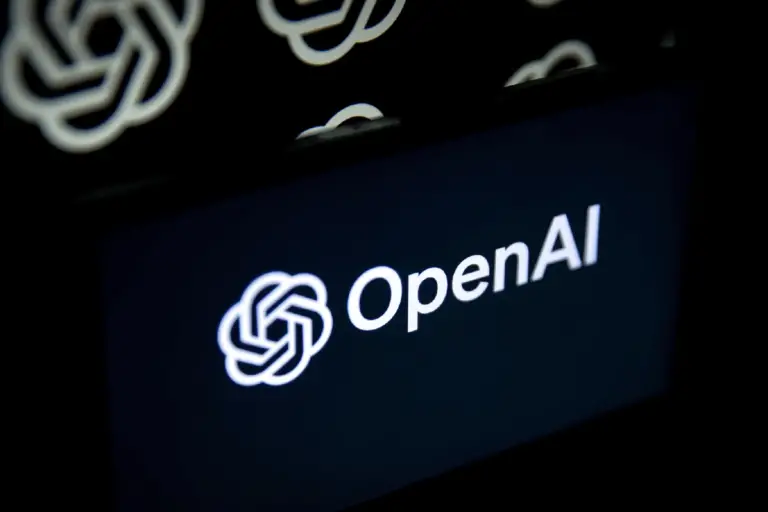
US States Demand Musk to Fix AI Chatbot Spreading Election Misinformation
On Elon Musk’s social media platform X, five U.S. states have asked him to fix the false information that his AI robot spreads before the November elections.
On Monday, the secretaries of state from five U.S. states asked billionaire Elon Musk to fix the AI chatbot on social media platform X because it had spread false information about the November 5 poll.
Since years ago, X and other social media sites have been closely watched for spreading false information and conspiracy theories, such as false information about vaccines and elections. There is more and more worry in Washington that material made by AI could trick voters in the November elections for president and Congress.
Since 2022, when Musk bought the site that used to be called Twitter, civil rights groups have been worried about an increase in hate speech and false information because there is less content moderation.
Tesla CEO Elon Musk has been accused of spreading false information after endorsing Republican presidential candidate Donald Trump last month. Just recently, he said that Democrats are letting illegal immigrants cross the southern border so that they can vote in federal elections, even though they are not allowed to.
Grok, a chatbot, told people on social media that Kamala Harris had missed the deadline to get on the ticket in nine states after Democratic Vice President Joe Biden dropped out of the race for president on July 21 and backed Vice President Kamala Harris.
Calls for Redirecting Users to Reliable Voting Information
Tesla CEO Elon Musk said in March that all premium X users would be able to use Grok, an AI chatbot from xAI. The officials wrote in their letter that the chatbot’s false information was shared on social media with millions of people, even though it’s only for paid users.
They told X that if Grok users asked about U.S. elections, it should send them to CanIVote.org, a website that is not connected with any political party but gives information about voting in the U.S. The social media site didn’t answer right away when asked what it thought about the letter.


